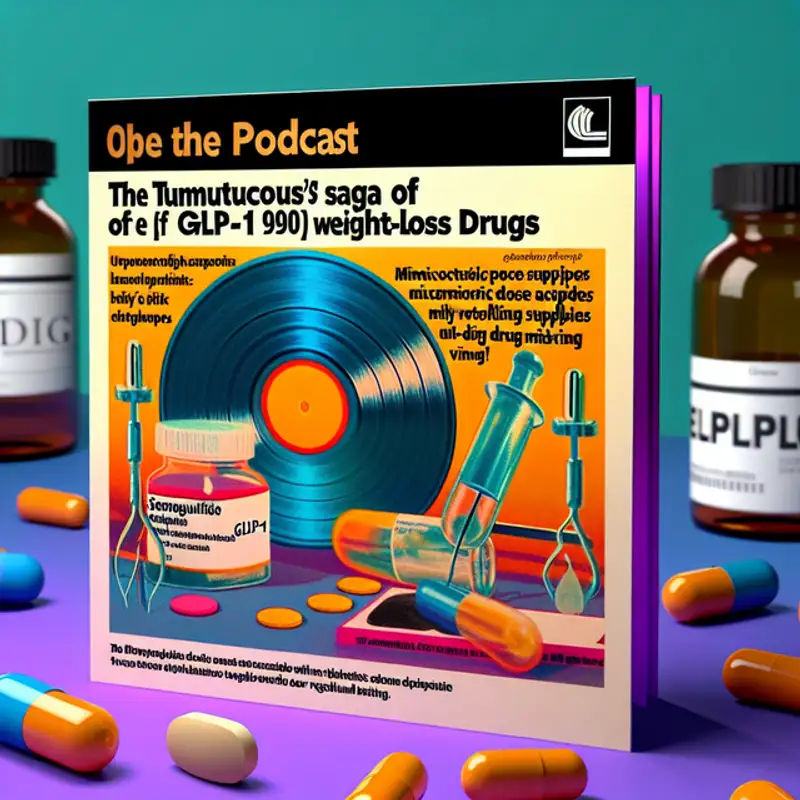 Episode
Episode
· 02:56
The "Ozempocalypse" is upon us! For the past few years, Americans looking to lose weight have been able to access cheaper, compounded versions of popular GLP-1 weight-loss drugs like semaglutide (Ozempic, Wegovy) and tirzepatide (Mounjaro, Zepbound) thanks to a loophole during a drug shortage. But now, with the FDA officially declaring the shortage over, these cut-rate compounded drugs are being taken off the market, forcing millions to either pay full price ($1,000/month) or say goodbye to the meds that helped maintain their weight loss. Some compounding pharmacies and telehealth providers are trying to slip through legal loopholes with questionable strategies—like making microscopic dose adjustments or mixing in random vitamins—but it's unclear if any of these tricks will hold up. Meanwhile, big pharma isn’t sitting back either; companies like Eli Lilly now offer direct-to-consumer services with slightly lower prices, though with sneaky tactics to prevent patients from stretching their doses. With patients scrambling to stockpile, experiment with DIY chemistry, or pray for another market disruption, the battle over GLP-1 drugs is far from over.
As the dust settles, one thing is clear: The fight for affordable weight-loss medication is getting messier, and the next big disruption could be just around the corner. Will new loopholes emerge, or will patients be forced to return to the dreaded diet and exercise route? Stay tuned.
Link to Article
Listen to jawbreaker.io using one of many popular podcasting apps or directories.